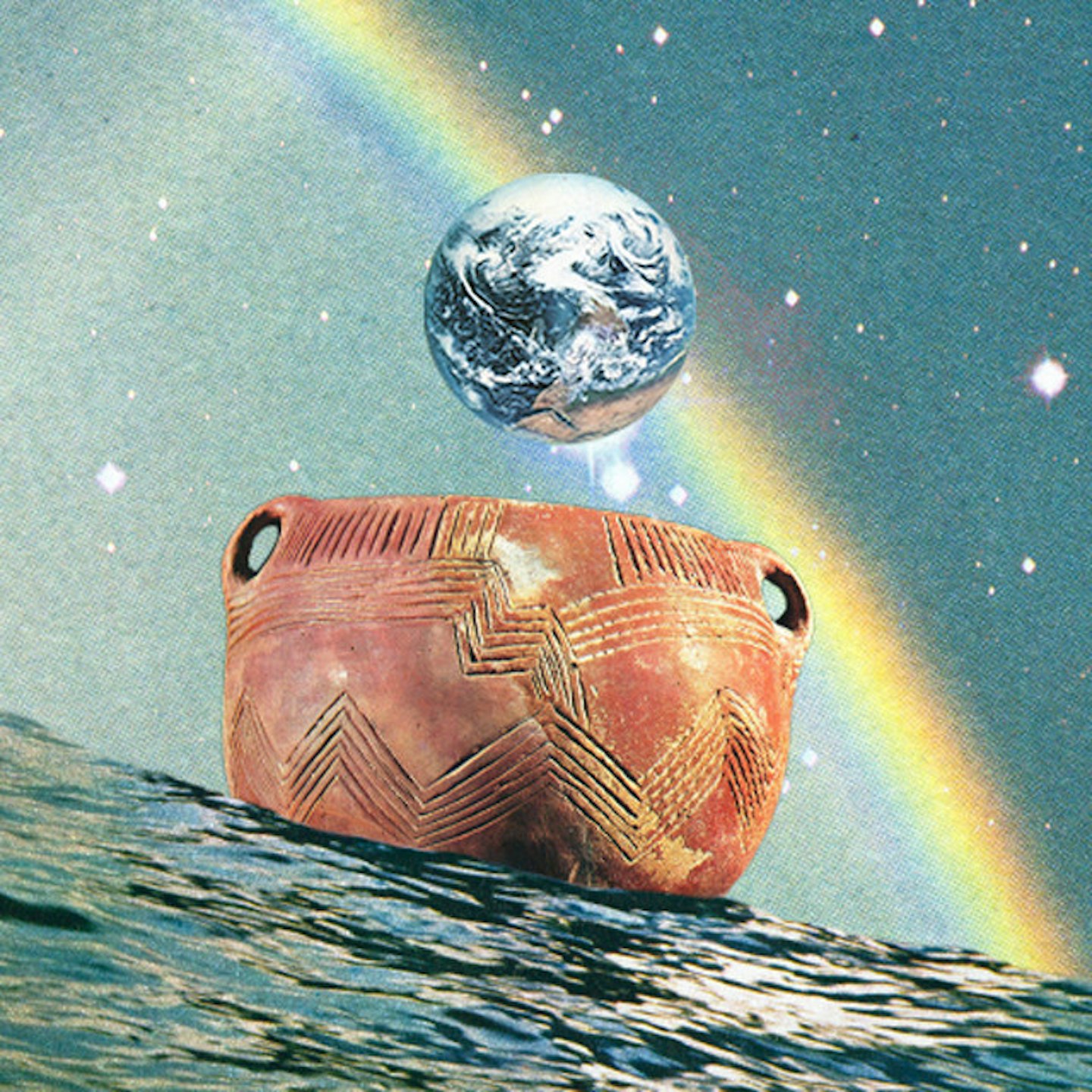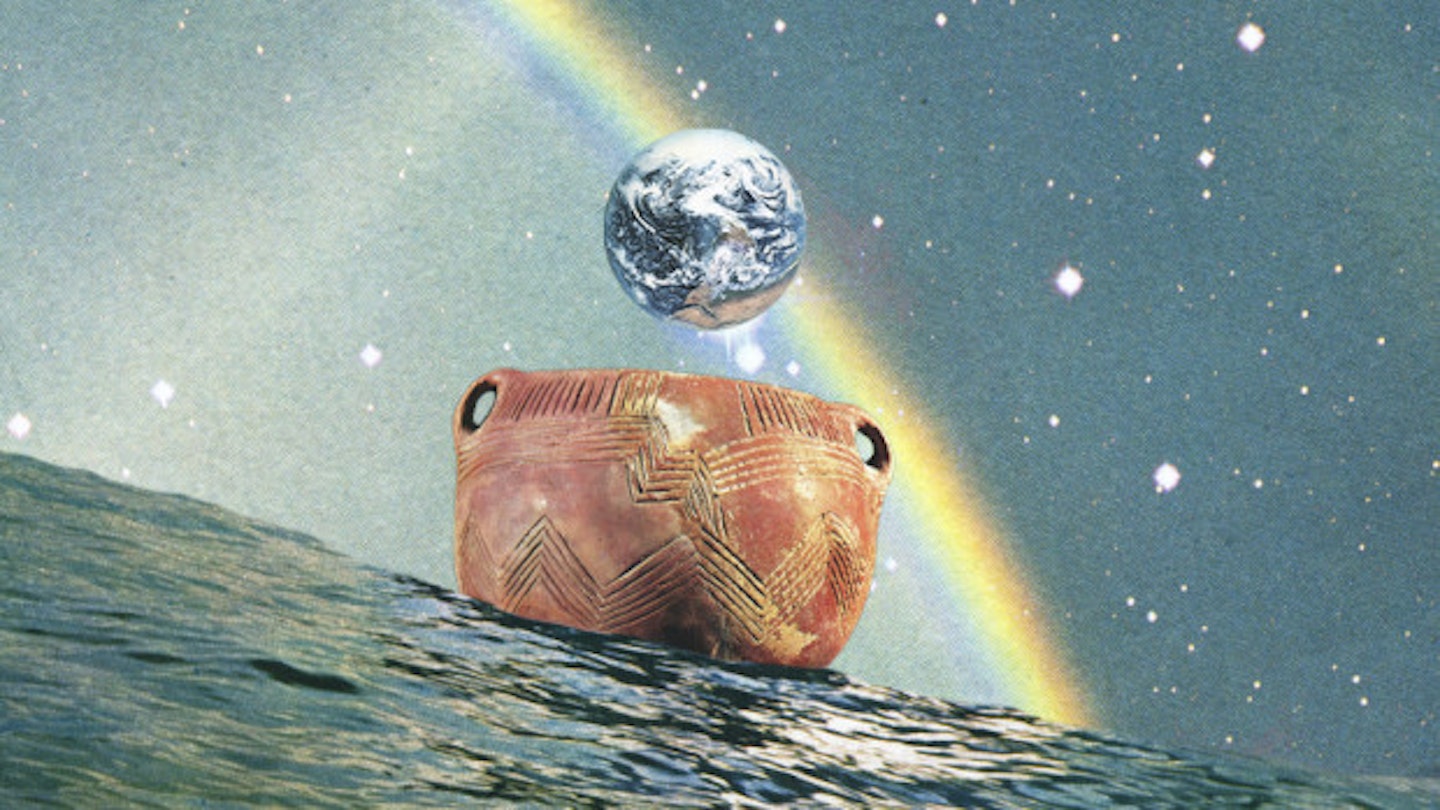There are two types of people. Those who read their horoscope and those who don’t. For those who fall into the latter group stars are no more than random fragments of the universe, suspended somewhere out there beyond our atmosphere which occasionally look nice at night. For those in the former group the stars can be looked to for support and guidance, where even science and reason fail us. The notion that aspects of your character and the path that your life will take are, in some way, a predetermined astrological fate is either laughable or oddly appealing.
I straddle both camps just as my sister’s horoscope straddles the cusp of Aries and Taurus (which explains everything about her). I obsessively read my horoscope but keep it on the down low and have multiple pink Himalayan salt crystal candles in my living room.
Last weekend I went to a friend’s flat for drinks. Inevitably, the chat soon turned to Brexit and the absurd levels of political uncertainty not only in our country, but the world over right now - we live in turbulent times.
As we drunkenly chewed the fat one friend, our incredibly Zen pal who actually meditates instead of sitting with her eyes shut and pretending, offered up a theory. ‘It can all be explained by the Age of Aquarius’ she said, adding that we're currently living through a period of extreme change, astrologically speaking, which could explain the upheaval in other elements of our world. As a cynical hypocrite, my reaction was to frown at her explanation, before moving a little closer to her and whispering ‘tell me more…’
When I got home that evening I googled Age of Aquarius, but all I could find was that is is referenced in Hair){href='https://en.wikipedia.org/wiki/Hair_(musical)' target='_blank' rel='noopener noreferrer'}, the musical. So, I decided to consult a professional astrologer Fiona Graham to find out what the Age of Aquarius is and whether it can clear a few things up for us.
The Astronomical Science: Applied Astrology
Fiona explains that astrology is more than star signs. ‘Our planet Earth wobbles slightly on its axis’ Fiona tells me. Instantly I feel soothed. ‘As a result of this there is an astronomical phenomenon called the Precession of the Equinoxes. This describes how the equinoctial point gradually slips backwards against the backdrop of the Astrological Signs of the Zodiac. It takes 25,868 years to move through all 12 signs and this cycle is known as The Great Year. Within this Year, there are 12 Great Ages which are the periods of time (around 2,155 years) that are spent with the equinoctial point passing through each of the 12 signs. So The Age of Aquarius represents the period in which it travels through Aquarius.’
Interpreting Astrology: The Age of Aquarius
‘In the way that each of the signs of the Zodiac are purported to shape our individual personalities, they also shape the Great Ages they are aligned with’ Fiona tells me. ‘There is no such thing as a ‘good’ or ‘bad’ sign of the Zodiac. Each sign represents archetypal qualities with both positive and negative manifestations.’
So, is the Age of Aquarius a good thing? ‘For over 2,000 years we were living through The Age of Pisces’ Fiona tells me. ‘This describes the era following the birth of Christ. Christianity incorporates the symbols of the fishes and the washing of feet (all Piscean associations), and the broader notions of crusading spirituality, compassion, sacrifice, redemption (Pisces again). The Age of Pisces fostered the influence of individual ‘saviours’ of humanity, with religious figures like Jesus, the Prophet Muhammad and a host of others. The less appealing ‘shadow side’ to Pisces is a lack of boundaries, potential deception, addictive behaviours and blind faith that can ignore the voice of reason or injustice.’
Aquarius differs to Pisces, Fiona explains, because it is a ‘more rational, principled, ideological and political sign.’ It is the sign of ‘radicalism, rebellion, innovation and collective mind-sets’ and is also ‘traditionally the sign of revolution and the rise of the ordinary citizen against absolute power, associated with intellectual brilliance – flashes of genius.’
When exactly did the Age of Aquarius begin?

This is up for debate. As to when we entered into the Age of Aquarius, or whether it has even begun yet is ‘much disputed by astronomers and astrologers’ Fiona says.
‘From a UK perspective some believe it started with the theosophical movement in the late 19th century, which supposedly ushered in an era of higher spiritual consciousness; others attribute it to the 1960s social revolution and the ‘New Age’ movement. Our generation could time it by the technological revolution we are currently in the throes of. However, some are convinced that the Age won’t even begin until around 2150…’
So, how could this phenomenon possibly explain the tumult and rapid change the human race is currently experiencing? ‘We can perhaps work on the assumption that there is an overlap’ says Fiona, ‘a dramatic phasing out of one Age into another, from Pisces to Aquarius. This may best describe the turbulent character of the times we are living in now. The turmoil of a major transition.’
How does the Age of Aquarius manifest?
Whether you ‘believe’ in astrology or not, it’s hard to deny that the last two hundred years have seen rapid change occur. From industrialisation to what you might call internetisation, technologically speaking the way we live is almost unrecognisable. Socially, we’ve come forwards leaps and bounds in terms of gender, sex and race equality. We aren’t there yet but we’re a hell of a lot further forward than we were. But, for all this positive progression there is a lot of conflict. Many of our grandparents lived through two world wars and as I write this, elsewhere in the world, brutal conflicts rage on. It’s appealing to think that such confusion and chaos can be attributed to the stars but surely that’s rather wishful thinking?
‘The dawning of the Age of Aquarius could describe the relatively recent explosion of internet and cell-phone activity’ Fiona says, ‘from access to information, to social media, banking, online trading and consumerism etc. This widespread level of communication, which allows unlimited interactive access, arguably also de-personalises what was once one-to-one communication. This could be seen as a classic Aquarian tendency.’
‘Even ten years ago I would have come to visit you instead of emailing and speaking over the phone – we live in a world where everything is done at a distance and there is a brutality to that’, Fiona says.
She also notes that you could see ‘the new age we are entering’ reflected in ‘globalisation. In UK politics the legalisation of same sex marriage and the rise of female political premierships (UK, Scotland, Northern Ireland etc) are also expressions of the Aquarian urge for egalitarianism and putting principles into practice. Aquarius is also a sign that favours the unique and the ‘alternative’, from medicine, to artistic achievements, to the way we think.’
That all sounds very positive, what are the negatives of Aquarius? ‘The potential downside of a surge of Aquarian ideology is detachment from the human touch and a diminishing of our ability to express individual emotions. A desensitising of the personal maybe... Inherent in this is the threat of homogeny that actually quashes individuality. Ironic, when individuality, even eccentricity, are well-known Aquarian traits. The quest for tolerance could actually lead to new forms of intolerance if we don’t pay attention to the dangers.’
So, what could the Age of Aquarius mean for us?
It’s important to think of this not as ‘one even or moment in time’ Fiona says. This is ‘about a huge shift’. What it does is ‘remind us of how small we are.’
As for how we can harness it, ‘the Age of Aquarius is our opportunity to turn the old order on its head - to create a more ‘equal society’. After all, the symbol of the sign of Aquarius is the water carrier, i.e. the water of life being poured for all, regardless of sex, creed or colour. In its purest form Aquarius is anti-establishment and pro-equality. But this all rather depends on how we as humans channel the celestial calling for change on our planet….’
The rise of astrology
As a generation we are, on the whole, what you might call spiritual but not religious. Religion has been declining in this country for some time – from the mid 1980s when around two-thirds of people saw themselves as belonging to a particular religion to 2011 when that fell to around 53%. In terms of traditional religious beliefs each generation has had a lower level of religious attachment to their elders in recent decades.
It’s rare to go to a party these days where astrology, meditation, numerology or the more spiritual side of life broadly don’t come up in conversation. Today we pick, choose and consume the elements of different belief systems whether that’s meditation, yoga or practising what is essentially prayer in the form of a mindful ‘positive thought shower’ every morning. Whether or not you choose to ‘believe’ in anything is up to you but in a world where life moves at such a fast pace and circumstances often feel like they are beyond our control perhaps it’s no surprise that horoscopes and astrology, once confined to the back pages of magazines, footnotes to their content, are now the subject of centrefolds.
Ultimately, astrology, like any other belief system, is as real or as unreal as you believe it to be. As a typical Aries, an optimistic all or nothing kind of gal, I’m obviously totally sold but if you ever ask me about it in person I’ll shrug and tell you ‘I take it with a pinch of salt.’
Like this? You might also be interested in:
Follow Vicky on Twitter @Victoria_Spratt
This article originally appeared on The Debrief.
